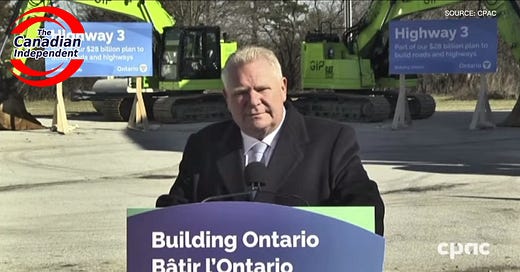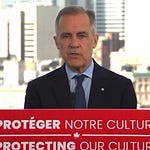Reflecting on Ontario Premier Doug Ford's pandemic management, it began in early 2020 with a two-week shutdown to "flatten the curve," but extended into a two-year period, leading to one of the lengthiest lockdowns in the country for Ontario citizens.
Two years of lockdowns have resulted in the postponement of hundreds of thousands of surgeries and diagnostic tests, along with a significant increase in mental health issues, drug abuse, and alcoholism. This has added considerable pressure to the healthcare system and contributed to the decline in people's overall health.
The Ford government implemented restrictions on purchasing children's toys, clothing, and other "non-essential" items, leading to the closure of many small businesses. Meanwhile, big-box stores were permitted to remain open. This has led to widespread business closures, bankruptcies, and layoffs, with the trend anticipated to persist in the coming years.
Ford imposed a stay-at-home order and unsuccessfully tried to empower the police to stop and question people about their destinations. Police forces across Ontario promptly and firmly opposed Ford's attempt, publicly declaring their refusal to comply with this power grab.
Ford implemented a province-wide vaccine passport system that compelled businesses to restrict unvaccinated patrons in places like restaurants, sporting events, and movie theatres or face steep fines.
Tens of thousands of Ontarians lost their jobs or were expelled from school due to their opposition to the provincial COVID-19 vaccine mandate implemented by the Ford government, impacting hospitals, long-term care homes, and schools.
The mandated closure of schools by the Ford government has given rise to a range of developmental and mental health issues, and the ramifications of these challenges are expected to reverberate for years to come.
His government strongly advocated for 6 feet social distancing, a measure that, in turn, appeared to financially benefit his labeling company, Deco Labels, making him millions of dollars in profit.













Share this post